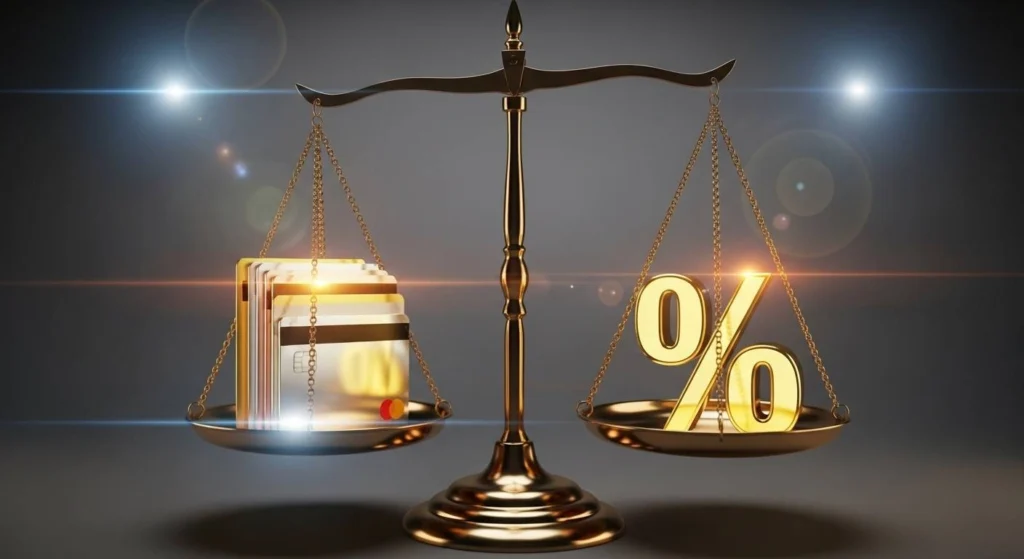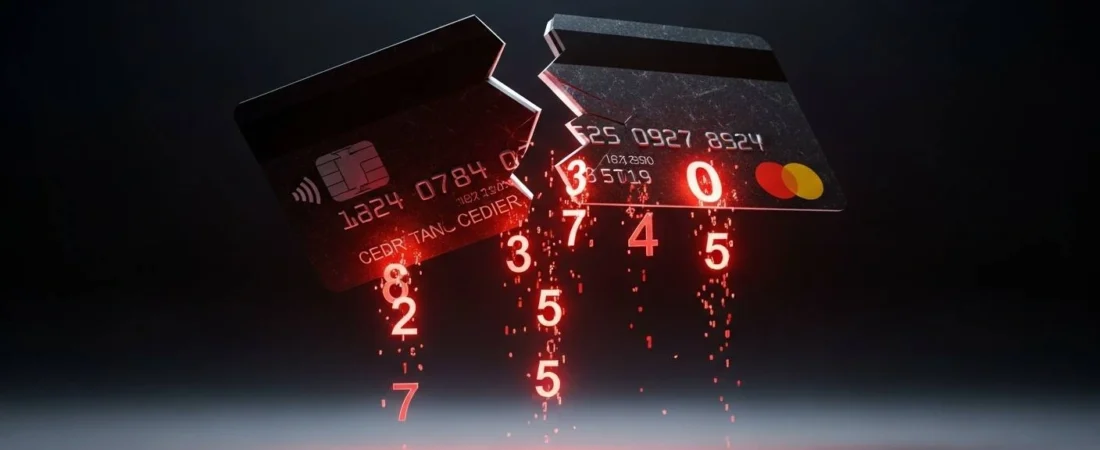On the surface, it seems logical. You have too many credit cards, so you close a few to simplify your financial life. Maybe you want to get rid of a card with a high annual fee or one that tempts you to overspend. While the intention is good, closing a credit account can have a surprisingly negative impact on your credit score.
It’s not about a lack of discipline; it’s about how the credit scoring system works. Before you pick up the phone to cancel an account, it’s essential to understand the impact of closing credit accounts on your credit score and make an informed decision.
The Two Biggest Factors at Play
When you close a credit account, two key factors that make up your credit score can take a hit: your credit utilization ratio and the length of your credit history.
Credit Utilization Ratio

This is the amount of credit you are using compared to your total available credit. Lenders like to see this number as low as possible, ideally below 30%. Think of it like a personal financial health indicator.
When you close a credit card, you instantly reduce the amount of available credit you have.
Example:
- You have two credit cards, each with a $5,000 limit, and you carry a $1,000 balance on one.
- Your total available credit = $10,000.
- Credit utilization = 10% ($1,000 ÷ $10,000).
If you close the card with a zero balance, your total available credit drops to $5,000. Your balance stays the same, so your utilization ratio jumps to 20%. That sudden increase can cause your score to drop.
👉 Learn more about managing credit wisely in our guide on Smart Financial Planning.
Length of Credit History

Credit bureaus also look at how long you have been using credit responsibly. The older your accounts, the better. When you close a card, especially one you’ve had for a long time, you shorten the average age of all your accounts.
This can make you look less experienced to a potential lender and may negatively impact your score. While closed accounts can stay on your credit report for up to 10 years and continue to be part of your history, closing your oldest account will have the most significant impact on the average age calculation.
When It Might Be a Good Idea
Despite the risks, there are times when closing a credit account makes sense.

- If a credit card has a high annual fee and you do not use it enough to justify the cost, canceling it may save you more money than you would lose in credit score points.
- If a card has a high interest rate that tempts you to carry a balance, cutting it up and closing the account could be a smart move to prevent you from falling into debt.
👉 Explore more about avoiding debt traps in our article on Budgeting and Saving Habits.
A Better Way to Manage Your Cards
Instead of closing an account, there are other strategies you can use to manage your credit without hurting your score:

- Keep the account open but stop using it.
- Assign it for a small recurring payment (like a streaming subscription).
- Set the payment to be automatically paid in full each month.
By doing this, you keep the benefit of the available credit and the length of the account without the risk of overspending.
For smarter alternatives, check this NerdWallet blog on credit management strategies.
Final Thoughts
The impact of closing credit accounts on your credit score can be bigger than most people realize. While it might feel like the responsible thing to do, it often reduces your available credit and shortens your credit history — both of which can lower your score.
Before making the decision, weigh the pros and cons, consider alternatives, and remember that patience and responsible usage often pay off more than quick fixes.
